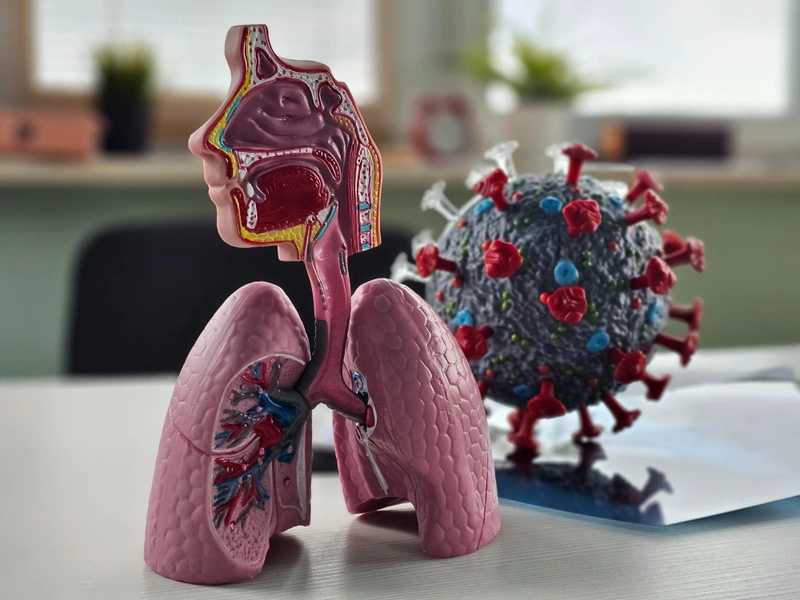- Published on: May 17, 2022
- 2 minute read
- By: Second Medic Expert
What Is Preventive Health Checkup?
A preventive health checkup is a visit to your doctor to screen for potential health problems. The goal is to catch any problems early when they're easier to treat. Screening tests vary depending on your age, sex, and medical history, but may include a physical exam, blood pressure check, cholesterol test, and screening for cancer and other diseases.
Preventive health screenings are important because they can help identify health risks before they become serious. Many health problems — including heart disease, stroke, cancer, and type 2 diabetes — can be prevented or at least detected early through regular screenings. If you have any questions about what screenings are right for you, talk to your doctor.
A preventive health checkup is a periodic health examination that is intended to identify early signs of disease and to prevent them from developing into more serious conditions. It usually includes tests for common medical conditions such as high blood pressure, heart disease, cancer, and diabetes.
It usually includes a review of the person's medical history, family history, and risk factors for specific diseases, such as heart disease, stroke, cancer, and diabetes. Additionally, it may include a physical examination and laboratory tests. A preventive health checkup is a periodic medical examination performed with the aim of early detection and prevention of diseases in asymptomatic individuals. It usually includes a review of family history, risk factors for common diseases, and recommended screenings based on age, sex, and other personal risk factors.
The doctor will typically check your blood pressure, heart rate, weight, and cholesterol levels, as well as ask about your family history of disease. They may also order other tests or screenings depending on your age and risk factors. It can also help you establish a relationship with a doctor who can help monitor your health over time. A preventive health checkup (preventive health assessment) is a physical examination and medical history review by a health professional that is designed to identify risk factors for preventable diseases and conditions. It also helps to assess the overall state of a person's health and well-being.
The purpose of a preventive health checkup is to detect early signs of disease, assess the risk for developing chronic diseases, and provide guidance on how to reduce this risk. The checkup may also include screenings for cancer, heart disease, stroke, sexually transmitted infections (STIs), and other conditions. A preventive health checkup is a doctor's appointment during which you get a variety of tests to screen for illness or disease. Typically, a preventive health checkup includes a physical exam, lab tests, and other screenings. The purpose of a preventive health checkup is to identify any potential health problems before they become serious.
Preventive health care is important because it allows doctors to detect problems early on, when they're easier and less expensive to treat. Many chronic diseases — such as heart disease, cancer, and diabetes — can be treated or managed more effectively if they're caught early. Additionally, early diagnosis often means that less severe treatment is required.
Typically, a preventive health checkup includes screenings for cancer, heart disease, and other chronic conditions, as well as physical examinations and laboratory tests. Many experts recommend that all adults have a preventive health checkup at least once every two years. However, people who are at risk for certain diseases or who have medical conditions may need to be screened more often.
The main goal of a preventive health checkup is to identify potential problems before they become serious and require expensive and invasive treatments. Preventive health checkups typically include a physical examination, lab tests, and/or imaging scans. They may also include lifestyle counseling to help people make healthy choices that can reduce their risk for disease. The purpose of a preventive health checkup is to identify any potential problems before they become serious and require expensive treatment.
During this exam, the doctor will measure your height, weight, and blood pressure; listen to your heart and lungs; examine your skin, hair, and nails; look in your eyes and ears; and palpate your abdomen. He or she may also order laboratory tests or other diagnostic procedures, such as X-rays or CT scans.










